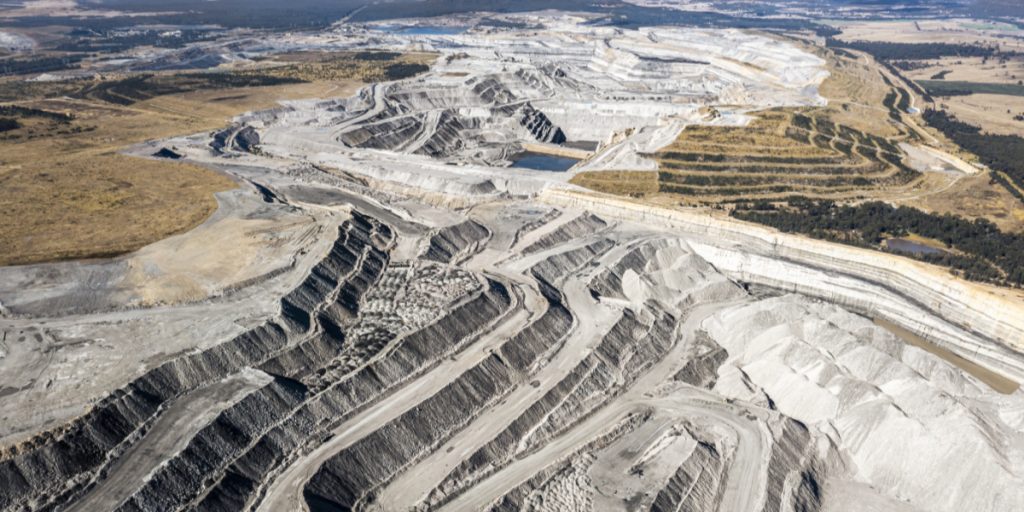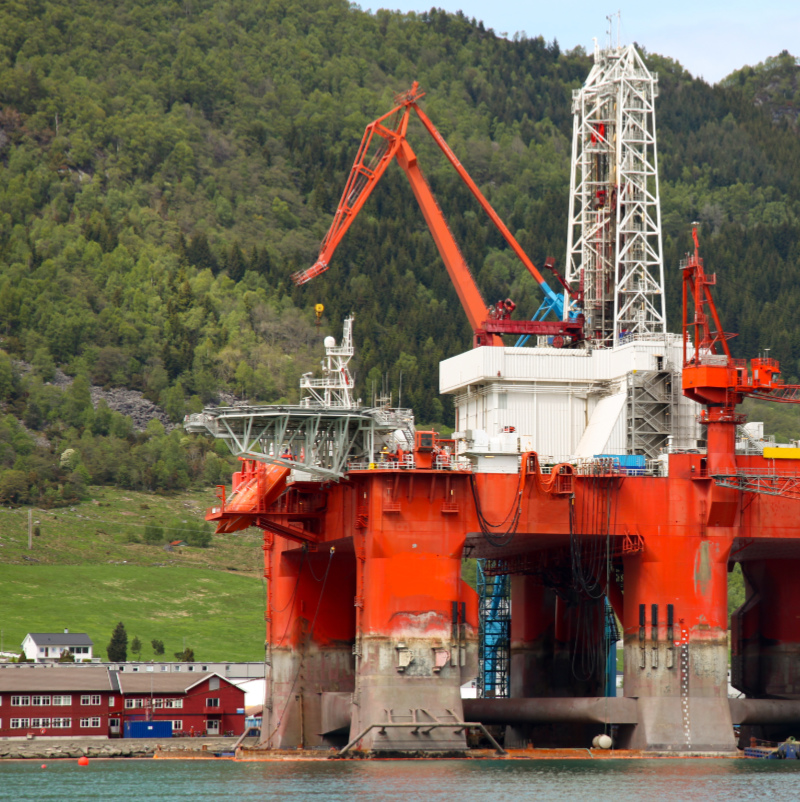Sovereign Wealth Fund Or Big Fat Tax?
The answer would depend on if you are Norway or Australia.

The Australian federal government recently published the latest instalment of the country’s Intergenerational Report (IGR). First launched 21 years ago, the IGR is supposedly an exercise by the Treasury to look 40 years into the future and at the coming challenges, so actions can be taken to maximise opportunities and mitigate disaster. Well, that has worked well over the last 21 years!
Australia faces many environmental challenges, all well known, from the impacts of global warming, 200 years of decimating the country’s wild species and poor management of the country’s precious water systems. Australia also needs to invest in tackling the housing affordability crisis, services for an aging population, providing a world class education for ALL the country’s children and Close the Gap for the people of Australia First Nations to ensure they have the same opportunities and lifestyles.
Thanks to its abundant natural resources, Australia is one of the few countries in the world that has the luxury of being able to do this well. But for decades we have squandered this opportunity because the electorate has been conditioned to be petrified of a three-letter word – tax. Tax reform is not covered in the IGR as political parties now know that this is a poisoned chalice in the re-election stakes. Corporations have been the biggest benefactors of the public’s aversion to increasing tax.

But before talking more about Australia’s stupidity, let’s look at how smart Norway has been. The Government Pension Fund of Norway comprises two separate sovereign wealth funds owned by the government. The Norwegian Government Pension Fund, also known as the Sovereign Wealth Fund, was established in 1990, with purpose of investing parts of the large surplus generated by the Norwegian petroleum sector, mainly from taxes on companies but also payment for licenses to explore for oil. By 2021, the fund invested in over 9,123 companies in 73 countries, and by December 2021 it was worth about US$250,000 per Norwegian citizen.
Its current AMU is US$1,477 billion, making it among the world’s largest sovereign wealth funds. It uses this power to vote against board members if a company has experienced material failures in the oversight, management or disclosure of climate risk.
While Norway’s Sovereign Wealth Fund has grown from money made by fossil fuel extraction, the fund has been used domestically to transition to a green economy, which means:
- Today, Norwegians enjoy a 95 percent renewable electricity grid, around 92 percent of which comes from hydropower.
- According to the Norwegian Road Federation, in 2022, 79.3% of new cars in Norway were battery electric vehicles (BEVs).
Firstly, I must acknowledge the double standards involved in extracting fossil fuels to sell to the world while greening the home country. And, while the government is using these funds domestically to tackle climate change, there is no evidence the same thought is going into tacking biodiversity loss, given the government has said it wants to open parts of the Norwegian continental shelf for commercial deep-sea mining. So not cool Norway, particularly given how wealthy you are!
So let’s compare this to what Australia has done, a country that has also extracted massive amounts of fossil fuels (coal, gas) to sell to the world. We have kept our old dirty coal-fired power stations, gas guzzling cars and used the proceeds to enable a small percentage of investors to get very, very rich. All this while kicking the can down the road on investing in transitioning to green energy and continuing to subsidise fossil fuel industries. A recent Australia Institute Report found that in 2022–23, Australian federal and state governments provided a total of $11.1 billion worth of spending and tax breaks to assist fossil fuel industries. While this represented a 5% decline on the previous year, it is 14 times greater than the balance of Australia’s Disaster Ready Fund, which is used to respond to climate disasters.
It could have been very different. A Bill for a Resource Super Profit Tax (RSPT) was introduced on the 1 July 2012. The proposed tax was to levy on 30% additional tax on the “super profits” from the mining of iron ore and coal in Australia. A company was to pay this new tax when its annual profits reach $75 million, a measure designed so as not to burden small business. Around 320 companies would have potentially been affected by the changes.
The federal opposition promised to repeal the tax if they were elected. Mining interest, including some of the largest resources companies predictably spent tens of millions of dollars on adverts arguing against the tax. When the Liberal/National coalition, under Tony Abbott, was elected one of his party’s first actions was the Mining Tax Repeal Bill, which passed both houses of Parliament on 2 September 2014 and the super profits tax was swiftly repealed.
So, let’s be clear on this, Norway’s Sovereign Wealth Fund is one of the world’s largest investment funds, but Australia’s could have been bigger had the super profits tax survived. Australia does have a Future Fund, with just US$132 billion in assets (or about US$5,200 per capita). The mining and gas companies continue to make record profits, whilst the federal government announces plans to tackle biodiversity loss with no budget attached or what is effectively pocket change, because “there is no money”.
The ever-present “there is no money” argument is double spurious, first because as a currency sovereign the Australian government could print the money if it wanted to (within limits, but still) and second because driving down corporate tax rates has been a choice, not a necessity (extractive businesses cannot relocate to low-tax jurisdictions if they don’t like the tax regime).
It is clear that to change this stupidity, we need to desensitise Australian voters to the word tax. Ever declining service levels are going to be in people’s faces and they will eventually make the link to the upward redistribution of wealth that has been going on for decades. So, start talking about higher company taxes! Say it often and loud, we need to change our tax system to have a big, fat super profits TAX (at the very least on mining, gas and banks) and a properly resourced Australian Sovereign Wealth Fund.
The same fear triggers used to turn voters away from the mining super profits tax are being used to undermine the Yes vote for The Voice. We will know by 14th October if Australians are willing to be duped a second time!

Lynn Johnson is a physicist by education and has worked as an executive coach and a strategy consultant for over 20 years. In her work she pushes for systemic change, not piecemeal solutions, this includes campaigning for modernising the legal trade in endangered species, to help tackle the illegal wildlife trade.





